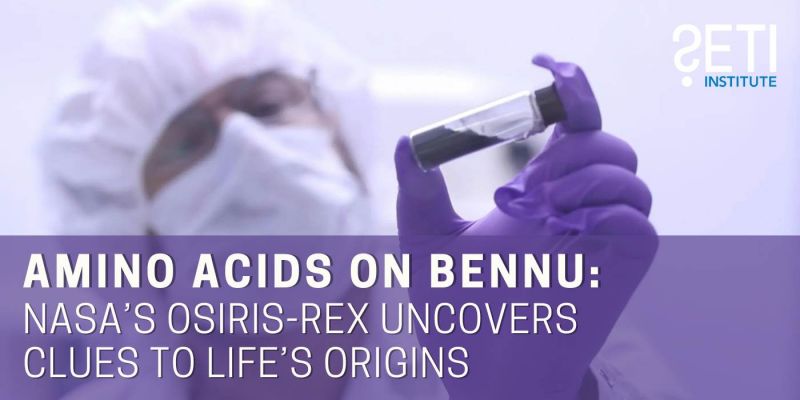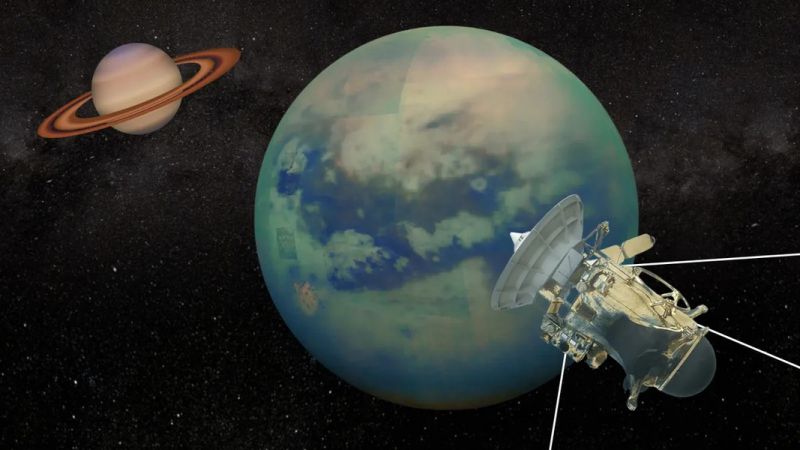
The race to Mars has intensified, with space agencies like NASA, ESA, CNSA, and private space companies planning to send humans to the Red Planet. This endeavor holds significant implications for astrobiology and planetary protection. In a commentary published today in Nature Astronomy, Cornell University's Visiting Scientist, Alberto G. Fairén, and Nathalie Cabrol, Director of the SETI Institute's Carl Sagan Center, shed light on these implications and propose a way forward.
An origin of life on Mars would have profound implications in our assessment of the probability of life in the universe,” said Cabrol. “Moreover, if we are related to Martian life through planetary exchange, studying it will help us understand our ancestral metabolic pathways. Mars, with its limited changes over billions of years, preserves valuable evidence. However, if Martian life is unrelated, introducing biocontaminants could risk altering or losing precious evidence of alien coevolution and the transition from prebiotic chemistry to biochemistry.
Planetary protection focuses on safeguarding celestial bodies in the solar system from contamination by terrestrial microorganisms and protecting Earth from possible extraterrestrial microorganisms brought back from these bodies. As the possibility of human space exploration draws ever nearer, various space agencies and private companies already collaborate to adhere to existing protocols and discuss how these protocols should evolve.
One of the foremost concerns regarding Mars is the risk of introducing and spreading Earth's microorganisms to the Martian environment and compromising scientific research to discover whether there once was or still is life on Mars. Equally important is ensuring that human explorers do not inadvertently bring back any contaminants when they return to Earth.
The Outer Space Treaty has been signed by 113 nations, with an additional 23 countries that have signed but not yet completed ratification. This United Nations treaty establishes the international legal framework governing space exploration and the use of celestial bodies, emphasizing the avoidance of harmful contamination. However, governments currently lack the authority to regulate the activities of private space companies. Given the rapid expansion of private space investment, including these companies in discussions with scientists and policymakers concerning planetary protection is crucial.
The comment was published in Nature Astronomy here.





